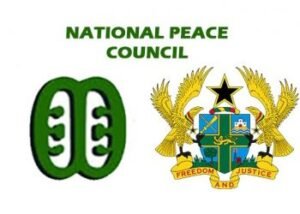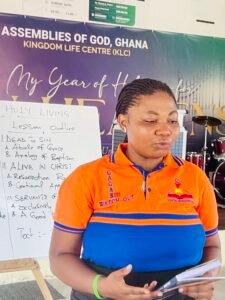
John Boadu, General Secretary of the NPP
The governing New Patriotic Party (NPP) has sent a goodwill message to Muslims in the country, and across the world, as they go through the month-long Ramadan Fasting and Prayers.
The NPP’s message called on Muslims to submit themselves to the very dictates and requirements of Ramadan, urging them to dedicate the month to intensified supplications to “Almighty Allah to shower His grace on mankind and make us see the end of this deadly COVID-19.”
The party has also called on Muslims to continue to cooperate with government by adhering to all precautionary measures put in place to contain the spread of the COVID-19 pandemic.
In a statement signed by its General Secretary, Mr John Boadu, the party urged Muslims to use the occasion to “pray for our leaders, government and nation to overcome all the ills plaguing our society and put us on the path of sustained growth and prosperity.”
“May the month of Ramadan, which is the most blessed month in the year [on the Muslim calendar], be that month that the world finds solace in this period of global health crisis,” the party prayed.
Ramadan
Muslims across the world began this year’s Ramadan fast on Friday, April 24. Ramadan is a period within the Islamic calendar where Muslims observe fasting, in accordance with the dictates of the Holy Qur’an and the Islamic faith. The period is characterised by alms-giving and significant supplication to Almighty Allah.
It is believed that it is the month in which the Holy Qur’an was revealed to Prophet Muhammad (S.A.W) and, thus, deemed the most important and blessed month of the year on the Muslim calendar. Through fasting, a Muslim experiences hunger and thirst, and sympathises with those who have little to eat and drink every day through alms-giving in order to fully benefit from the bountiful blessings of the Holy Month.
Muslims all over the world have had to make several adjustments in the usual way of observing the month this year due to the Covid-19 pandemic. Some key changes include the inability to attend the usual congregational prayers, attending “tafsirs”, among others.


